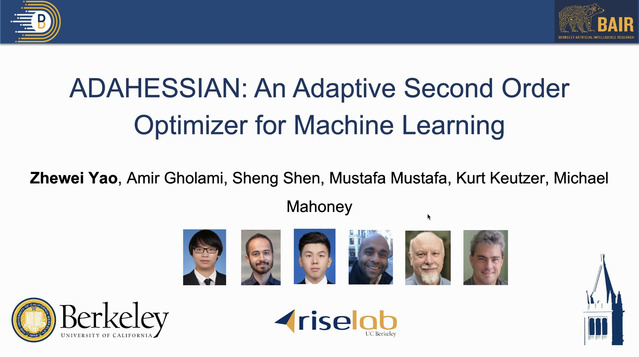Abstract:
In recent years methods from optimal linear experimental design have been leveraged to obtain state of the art results for linear bandits.
A design returned from an objective such as G-optimal design is actually a probability distribution over a pool of potential measurement vectors.
Consequently, one nuisance of the approach is the task of converting this continuous probability distribution into a discrete assignment of N measurements.
While sophisticated rounding techniques have been proposed, in d dimensions they require N to be at least d, d log(log(d)), or d^2 based on the sub-optimality of the solution.
In this paper we are interested in settings where N may be much less than d, such as in experimental design in an RKHS where d may be effectively infinite.
In this work, we propose a rounding procedure that frees N of any dependence on the dimension d, while achieving nearly the same performance guarantees of existing rounding procedures.
We evaluate the procedure against a baseline that projects the problem to a lower dimensional space and performs rounding there, which requires N to just be at least a notion of the effective dimension. We also leverage our new approach in a new algorithm for kernelized bandits to obtain state of the art results for regret minimization and pure exploration.
An advantage of our approach over existing UCB-like approaches is that our kernel bandit algorithms are provably robust to model misspecification.









































